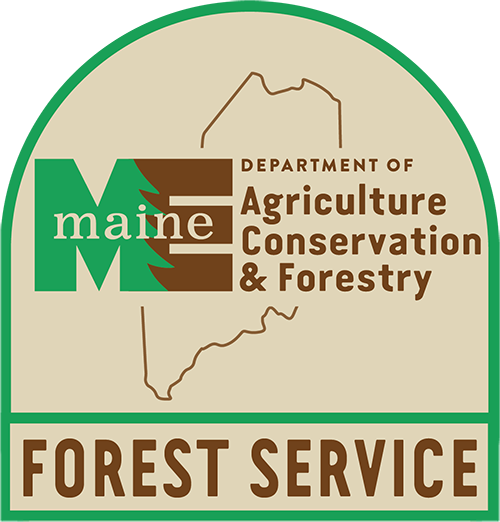Bureau/Division/Agency
Forest Services
Document Type
Text
Exact Creation Date
2-2018
Broad Creation Date
2018
Language
English
Recommended Citation
Forest Health and Monitoring Division; Maine Forest Service; and Department of Agriculture, Conservation and Forestry, "Beech bark disease (Neonectria spp. and Cryptococcus fagisuga)" (2018). Forest Service Documents. 97.
https://digitalmaine.com/for_docs/97
File Size
1.6 MB
Files over 3MB may be slow to open. For best results, right-click and select "Save As"
Rights Statement
No Copyright - United States. URI: http://rightsstatements.org/vocab/NoC-US/1.0/
The organization that has made the Item available believes that the Item is in the Public Domain under the laws of the United States, but a determination was not made as to its copyright status under the copyright laws of other countries. The Item may not be in the Public Domain under the laws of other countries. Please refer to the organization that has made the Item available for more information.



Description
Beech bark disease (BBD) affects American beech trees throughout much of their natural range in North America. The disease is typically a result of the infestation and feeding by the beech bark scale, Cryptococcus fagisuga, predisposing beech trees to infection by two fungi: Neonectria coccinea var. faginta and sometimes N. galligena. Another scale, Xylococculus betulae, has been observed to be commonly associated with the disease in Maine, but its significance to the disease complex is unknown. The BBD complex arrived ca. 1920 on a shipment of infected European beech seedlings from Europe. Since its introduction, BBD has spread steadily and is now found as far west as Wisconsin. The beech scale is sedentary for most of its life. Although, after adults lay eggs in mid- to late summer, beech scale crawlers (tiny mite-like life stage of the scale) move to new feeding sites and can be transported by wind, and even wildlife, to other beech trees. As the crawlers settle into a feeding site, usually bark crevices, the scales form a waxy covering. Colonies of these scales look like white streaks or blotches on the bark (Fig.1). After feeding for some time, the scales reproduce asexually at a rate of one generation per year. Some inner-bark necrosis (death of cambium) is caused by the beech scales themselves, although most damage is due to infection by the fungal pathogen.